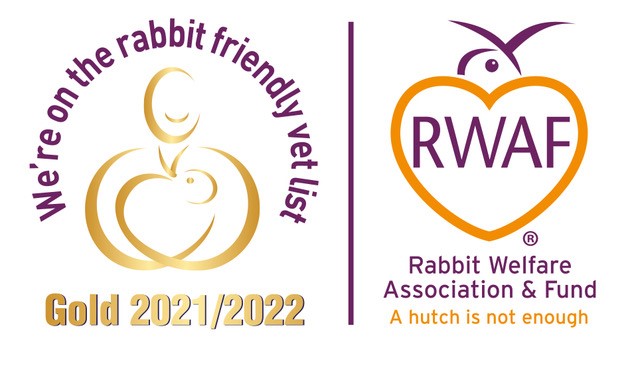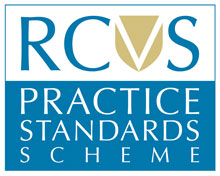What to do if you find injured wildlife
If you find a snake, do not handle unless you are positive it is not venomous! For British snakes, adders come in a range of colours but will usually have a zigzag mark along the back and an arrowhead mark at the head
If obviously injured call us or the RSPCA (0300 1234 999) or Wiltshire Wildlife Hospital (07850778752 www.wildthingsres-q.org.uk) or HART Wildlife Rescue (01420 562335 www.hartwildlife.org.uk)
For injured birds of prey call the Hawk Conservancy Trust (01264 773850)
If you find a young bird that does not appear injured…
Orphaned Baby Birds
As everyone knows the initial rearing of young birds will take part in the nest/ crevice/ hole or whatever else the parents choose to use. However, the young once they start to fledge will venture out and start to explore.
Birds are not hatched fully feathered nor do they have the automatic ability to fly. Therefore most of their early attempts end in failure and so they end up on the ground. This is the second phase of rearing where the young call and the parent bring them food.
This is also the phase where many are brought in to our surgery or to wildlife rescue groups as “abandoned”. PLEASE DO NOT DO THIS!
Many of these young are unable to cope with the stress of being hand-reared and many succumb because the artificial diets are just not as good as the diet fed by the parents. All-in-all over 80% of these young garden birds will die. Sadly the vast majority are normal and healthy when presented to us.
This is why we tell people to take them straight back and leave them where they found them. This works well if the baby bird has only just been picked up but if it’s more than a few hours then the chances are that the parents will have left.
So when should you intervene?
- When the bird is obviously injured; you can see wounds or it is trailing a wing.
- When there are cats about in which case simply pick up the young bird and place it in the lower branches of the nearest tree or bush
- When it is on a path or in a road in which case move it into the nearest bush, tree or hedge.
This seems rather callous and certainly some of these young birds will die. However, they stand a much better chance left under their parents’ care than brought into human care.


